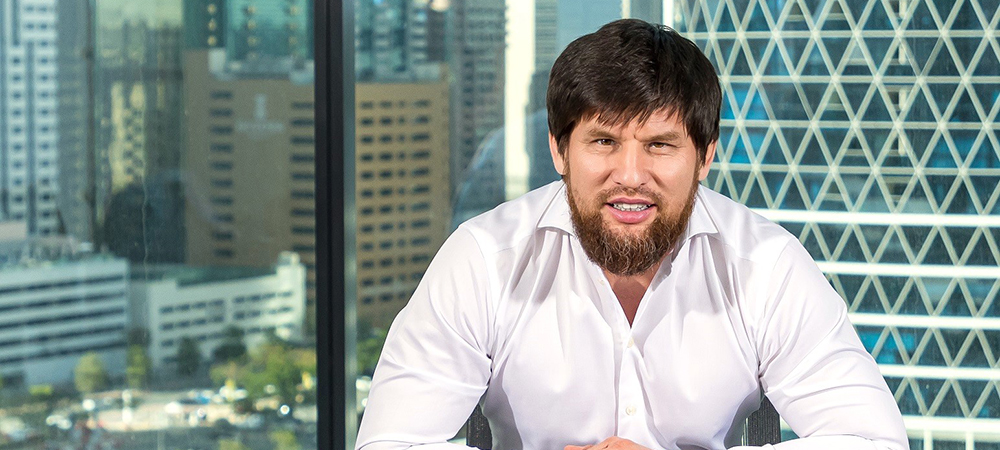Scalo Technologies’ Rashit Makhat says founders should adopt wider ranging strategies – and apply human touch.
As the rise of Artificial Intelligence continues, Middle East startups have been warned against placing an exclusive focus on advanced technology, and in the process damaging their prospects for sustainable growth.
Rashit Makhat, co-founder of Dubai tech venture company, Scalo Technologies, explains founders who rely too heavily on AI risk losing sight of other key business factors such as market research, customer feedback and operational efficiency.
Instead, he believes, they should focus on adopting wider ranging strategies, and also give their businesses a human touch.
“AI has huge potential for greater efficiency, innovation, and disruptive impact, but the danger for startups is that an obsession with new tech can lead them astray,” cautions Makhat.
“Founders must think critically, adapt to new situations, analyze and solve problems effectively, work their way through complex situations, make tough decisions, and build strategies to achieve goals.
“We rarely hear talk of human intelligence in today’s tech-led business world. But the combination of problem-solving skills, emotional intelligence, and adaptability are vitally important to startup development.”
Research by PWC shows that AI’s contribution to the Middle East economy is expected to grow annually between 20-34% to reach US$320 billion by 2030.
“Everyone is looking for the next revolutionary solution,” said Makhat, who co-founded Scalo Technologies following 15 years of top level experience in telecommunications, mining, information technology and asset management in banking and real estate.
“But successful startups understand that technology is just one piece of the puzzle, and know they must maintain a balance in the way they go about developing their business.”
“Who can guarantee which of today’s brilliant ideas will become a long-term success? Relying solely on cutting-edge AI technology can be risky. Unproven algorithms or poorly understood models may damage reputation and business viability.”
Makhat said: “By tailoring services to the unique needs of the region, and by prioritizing customer experience and localization, Middle East startups can navigate the tech landscape more effectively, making sure their growth is stable and sustainable.”
Click below to share this article

